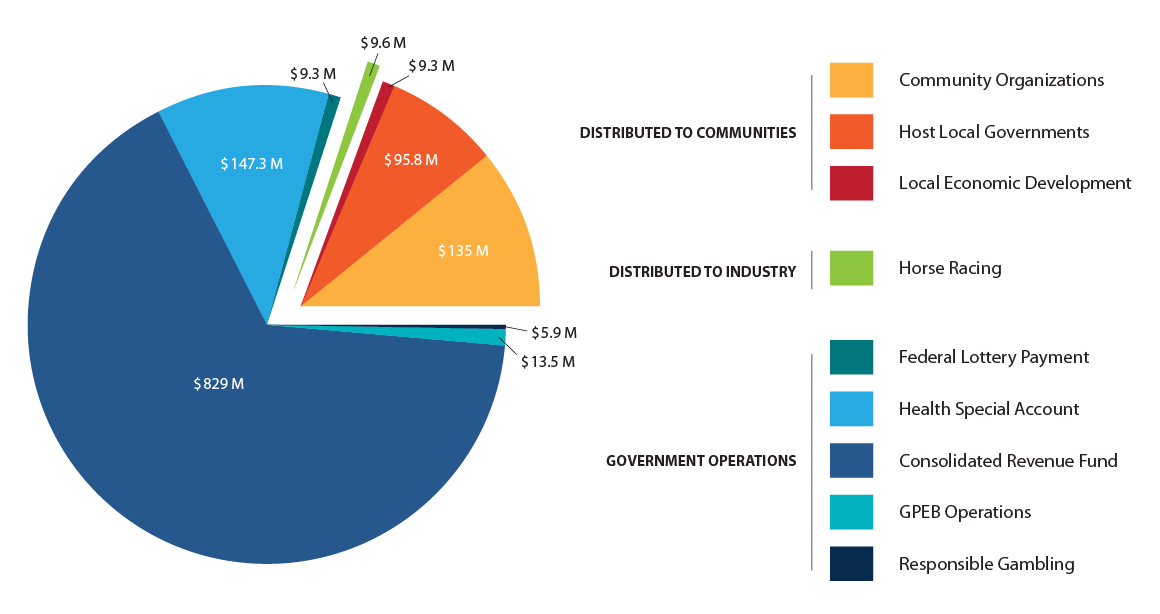Uk Gambling Industry Profits
Oct 15, 2019 October 2017 to September 2018, saw the GGY, OR Gross Gambling Yield, of the UK’s gambling industry hit a staggering £14.5bn. Gambling enterprises are required to pay the UK government a minimum of. Gambling & Betting Activities in the UK industry outlook (2020-2025) poll Average industry growth 2015-2020: x.x lock Purchase this report or a membership to unlock the average company profit margin for this industry.
- Gambling Industry News
- Uk Gambling Industry Profits Definition
- Gambling Industry Revenue
- Uk Gambling Industry Profits Companies
- Gambling Industry Statistics
 © Provided by The Guardian Photograph: Dan Kitwood/Getty Images
© Provided by The Guardian Photograph: Dan Kitwood/Getty ImagesMore than a year after the Conservatives committed to gambling reform in their election manifesto, the long-awaited review of the 2005 Gambling Act is finally here.
For years a coalition of cross-party MPs, peers and campaigners have called for the reform of a maligned piece of legislation that botched the liberalisation of the market and opened the floodgates to harmful gambling practices. Recognising the popularity of gambling reform, particularly among voters in the former “red wall”, the government is now pressing ahead with a review it first promised in November 2019.
Much has changed since then: a general election, new ministers and a pandemic that has redefined the regulatory landscape and the role of government – not to mention the fortunes of the gambling industry itself. Online operators have reaped the rewards of Covid lockdowns with a boost to profits.
Gambling Industry News

That change has also altered the scope of the gambling review. What initially began as a vague pledge to examine loot boxes in video games and gambling with credit cards has since evolved into an extensive and ambitious assessment of the existing legislation. Almost all angles of the gambling debate will be scrutinised, from questions of player protection and game design to the role of the Gambling Commission, rules on advertising and the option of an industry levy to fund addiction research and treatment.
© Photograph: Dan Kitwood/Getty Images ‘This gambling review can learn from the mistakes of the past 15 years.’The majority of individuals and organisations involved in this debate will welcome the broad nature of the review, and most should support the government’s apparent willingness to deal with difficult questions.
However, we should all remember the gambling industry’s resistance to reform to fixed-odds betting terminals (FOBTs) in 2018, in which industry operators and an often intransigent government department were at odds with campaigners, academics, public health experts and the victims of gambling-related harm.
For the gambling review to succeed, it is therefore essential that the government gets the politics right, as well as the policy. This will depend on three things.
First, the review must be impartial. Any future changes to regulation should be based on evidence, not vested interests. This means being aware of the impact of industry funding on the integrity of research, and avoiding the kind of misconception seen from the Association of British Bookmakers in its opposition to FOBT reform.

Second, there should be transparency between government officials and campaigners or lobbyists over how evidence is interpreted, as well as the mechanisms used to turn this into reform.
Too often mistakes have happened as a result of decisions being made behind the scenes. For example, in 2019 the biggest gambling operators committed to a 1% voluntary levy for addiction treatment, to be administered by an independent charity led by the Conservative peer Lord Chadlington. The culture secretary, Jeremy Wright, then rejected calls for a statutory levy, instead hailing the “rapid expansion” of treatment brought about by the deal – yet just a year later, the gambling industry reneged on the arrangement and reallocated its funding elsewhere.
Third, gambling is a cross-department issue spanning not just the Department for Digital, Culture, Media and Sport, but also Health and Social Care, Education and the Treasury. It cannot be left to the self-determination of the sponsoring government department alone. Following criticism of DCMS as “slow” and “weak” by the Public Accounts Committee, many had hoped that the gambling review would be independent not just of the influence of vested interests but also of DCMS itself. This has not materialised, but it is essential that the review’s final recommendations are a result of collaboration across government departments, and that DCMS is not perceived as marking its own homework.
All this will require leadership and careful diplomacy. A sizeable constituency of MPs from across the parties is involved in the debate over gambling and will be watching the review with close interest. And in the House of Lords, a new group, Peers for Gambling Reform, counts more than 150 members.
Uk Gambling Industry Profits Definition
Related: Only 3% of problem gamblers in UK get help, says study
Gambling Industry Revenue
These parliamentarians represent diverse political outlooks and allegiances. Yet all agree on the main priorities of the gambling review: the need for proper consumer protection through affordability checks, for stake limits on slots, changes to online casino content and game design, for the implementation of a statutory levy and the introduction of an independent gambling ombudsman.
Nobody wants to see a rerun of the adversarial debate over FOBTs, which arose from a combination of government oscillation and industry influence, culminating in the resignation of sports minister Tracey Crouch over a delay in implementing new rules on maximum stakes. With a genuine commitment to evidence, transparency and collaboration, this gambling review should be able to achieve what it must do: it can learn the mistakes of the past 15 years and create a genuinely robust system of gambling regulation in Britain that reforms the betting industry, and most importantly, prevents harm to people around the country.
Uk Gambling Industry Profits Companies

Gambling Industry Statistics
• James Noyes is a former adviser to Tom Watson and a fellow of the Social Market Foundation